
Literature GPT - literature analysis, context, and themes.

Welcome to your guide through world literature!
AI-powered insights into world literature.
Explain the significance of '1984'.
Tell me about Virginia Woolf's life.
What are the key themes in 'The Catcher in the Rye'?
Discuss the impact of the Romantic movement.
Get Embed Code
Detailed Introduction to Literature GPT
Literature GPT is an AI-driven tool designed to provide in-depth insights, analyses, and educational support related to world literature. It serves as a guide to the complexities of literary works, offering interpretations, thematic discussions, historical context, and author biographies. The design purpose of Literature GPT is to act as a resource for students, educators, and literature enthusiasts who seek a deeper understanding of texts beyond surface-level summaries. For example, when analyzing a work like Shakespeare's *Hamlet*, Literature GPT would go beyond plot description, instead discussing the moral dilemmas faced by the protagonist, exploring key themes such as madness, revenge, and existential doubt, while connecting the work to the sociopolitical context of the Elizabethan era. Powered by ChatGPT-4o。

Key Functions of Literature GPT
In-depth Literary Analysis
Example
When exploring *The Great Gatsby* by F. Scott Fitzgerald, Literature GPT can provide a detailed breakdown of how symbolism is used to reflect the disillusionment with the American Dream. This would include discussions of the green light as a symbol of unattainable desire, and how Gatsby's lavish lifestyle represents hollow materialism.
Scenario
A student preparing for an exam can use Literature GPT to better understand complex literary devices, character motivations, and thematic developments in the novel.
Contextual Historical Background
Example
In analyzing *War and Peace* by Leo Tolstoy, Literature GPT can describe the historical setting of Napoleonic wars and how Tolstoy weaves these events into the personal lives of his characters. The tool would also touch on Tolstoy’s philosophical views, providing a nuanced understanding of the novel's historical and intellectual foundations.
Scenario
An educator can use Literature GPT to introduce students to the historical context of a novel, enhancing their understanding of how the work reflects or critiques its time.
Thematic Discussion
Example
In a discussion on George Orwell’s *1984*, Literature GPT would offer an in-depth exploration of themes like totalitarianism, surveillance, and the manipulation of truth, while also relating them to contemporary political issues and the rise of technology.
Scenario
A literature enthusiast might use this function to engage in a book club discussion, bringing up insights into how *1984* parallels modern concerns about government control and personal freedoms.
Author Biography and Influence
Example
In exploring Virginia Woolf’s *To the Lighthouse*, Literature GPT can provide a detailed biography of Woolf, touching on her involvement with the Bloomsbury Group and how her personal experiences with mental illness shaped her stream-of-consciousness writing style.
Scenario
A researcher looking to understand the connection between Woolf’s life and her work can use this function to dive deeper into how personal events influenced her literary contributions.
Literary Movement and Genre Explanation
Example
For a work like T.S. Eliot’s *The Waste Land*, Literature GPT can explain the characteristics of Modernism, touching on fragmentation, disillusionment post-World War I, and the break from traditional narrative forms.
Scenario
An educator or student learning about literary movements might use this function to understand how Eliot’s work represents a key shift in 20th-century literature and how it challenges traditional poetic conventions.
Ideal Users of Literature GPT
Students
Literature GPT is highly beneficial for students who are studying literature at various levels. Whether they are in high school, college, or graduate programs, students can use it to break down complex texts, understand literary themes, and prepare for exams or essays. Literature GPT helps clarify difficult concepts like symbolism, themes, and historical context, giving students the tools they need to excel academically.
Educators
Educators can use Literature GPT to supplement lesson plans with detailed explanations and examples that engage students. It can serve as a teaching tool for breaking down literary devices, historical settings, and biographical connections that make texts more relatable and easier to understand. Educators benefit from ready-to-use content that deepens students' engagement with texts.
Literature Enthusiasts
For individuals with a passion for literature, Literature GPT offers a treasure trove of information. Whether they are exploring classic works or modern literature, enthusiasts can engage with thorough analyses and contextual discussions that help them appreciate the depth and breadth of literary works. This user group benefits from the detailed breakdown of texts, thematic explorations, and discussions of literary movements.
Researchers and Academics
Researchers in literary studies, including PhD candidates or academic professionals, can use Literature GPT for accessing well-researched background information on literary movements, author biographies, and historical context. The tool can also help in generating new angles for textual analysis or comparing themes across different works, making it a valuable resource for advanced study and publication.

Guidelines for Using Literature GPT
Step 1
Visit yeschat.ai for a free trial without login; no ChatGPT Plus required.
Step 2
Identify your specific literary needs, such as analysis, author biographies, or thematic discussions to maximize the tool’s utility.
Step 3
Input your query clearly, specifying texts, themes, or historical contexts for detailed, tailored responses.
Step 4
Review the provided information, refine questions if needed, and engage in follow-up queries to deepen the insights.
Step 5
Leverage tips like using precise terms and literary terminology to receive the most relevant and comprehensive answers.
Try other advanced and practical GPTs
RcV Literature
Translate and Interpret Spiritual Literature with AI
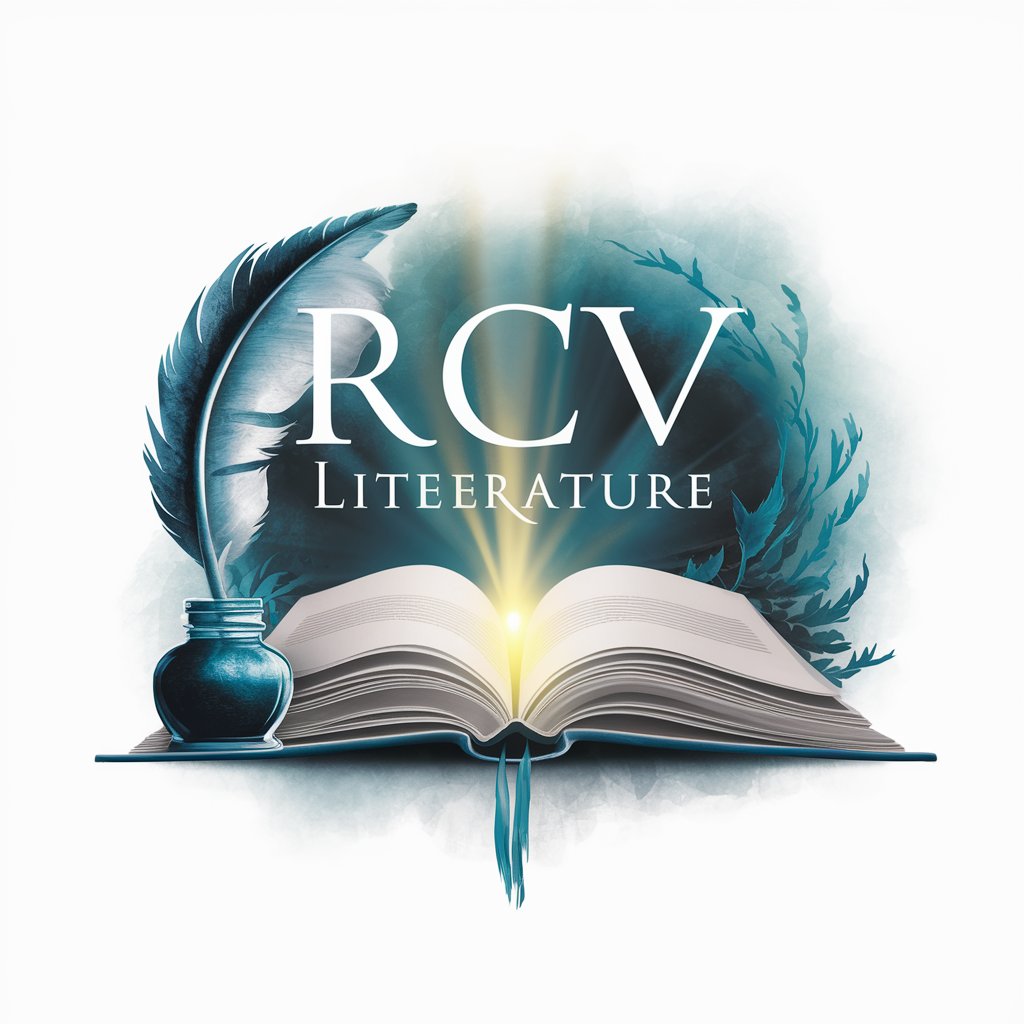
Literature Review
Empowering scholarly analysis with AI
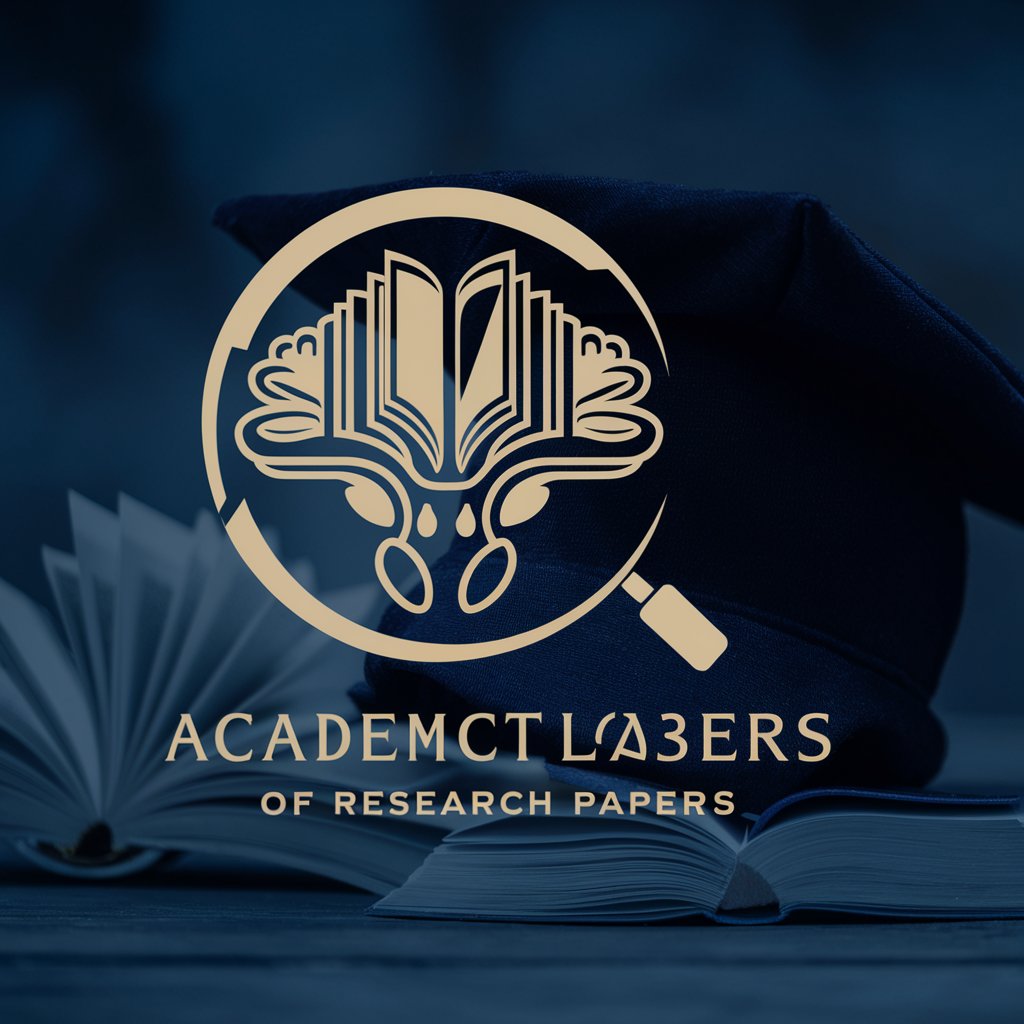
F-IT URL Shortener
Shorten URLs with AI-powered efficiency
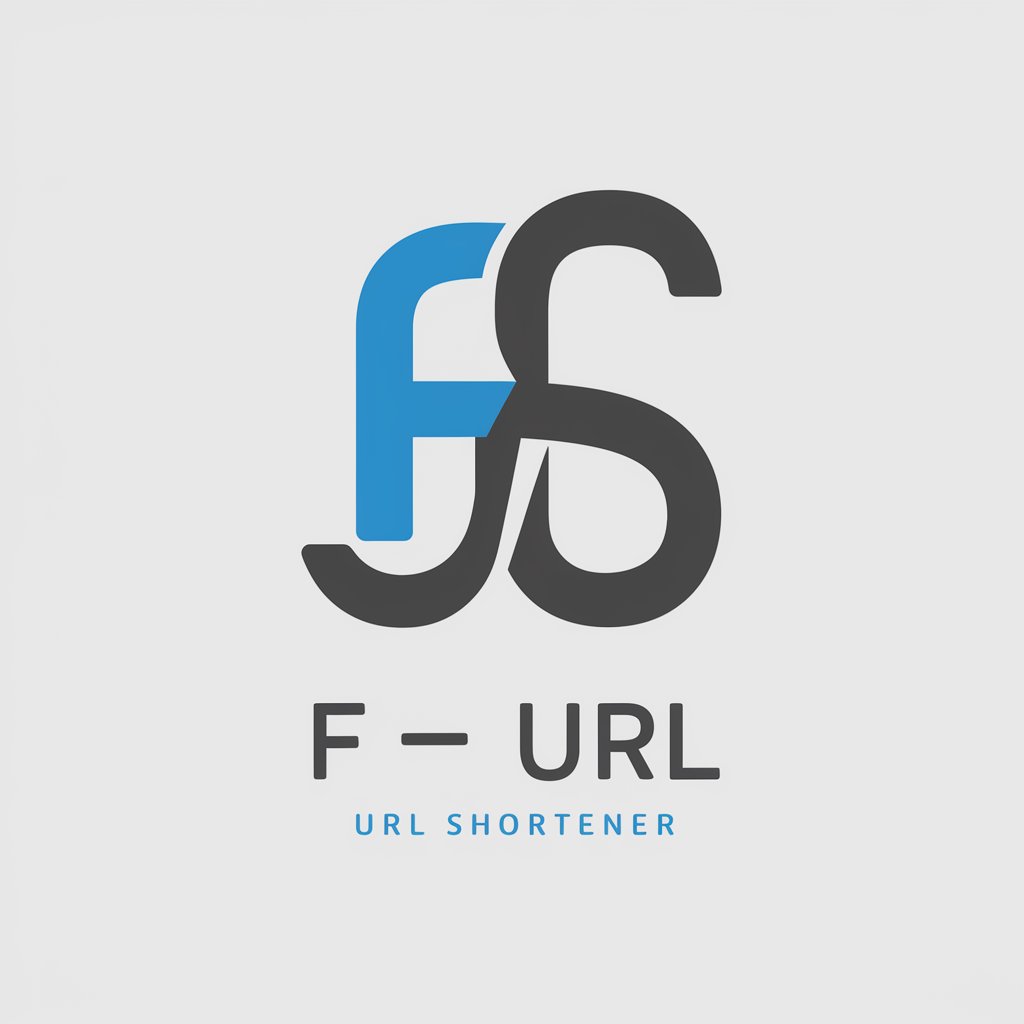
Paper Shortener Assistant
Condense Text Seamlessly with AI
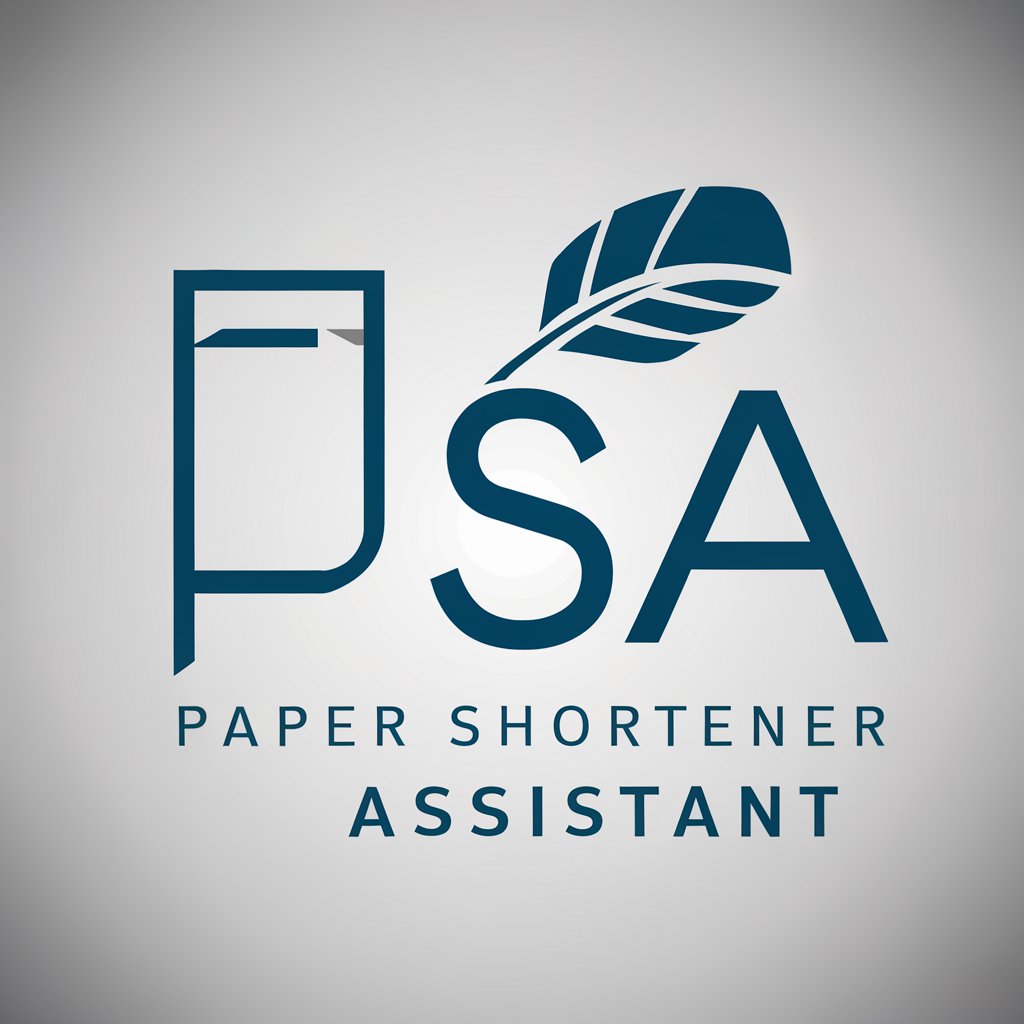
The Ultimate Sentence Shortener
Streamline Text with AI-Powered Precision
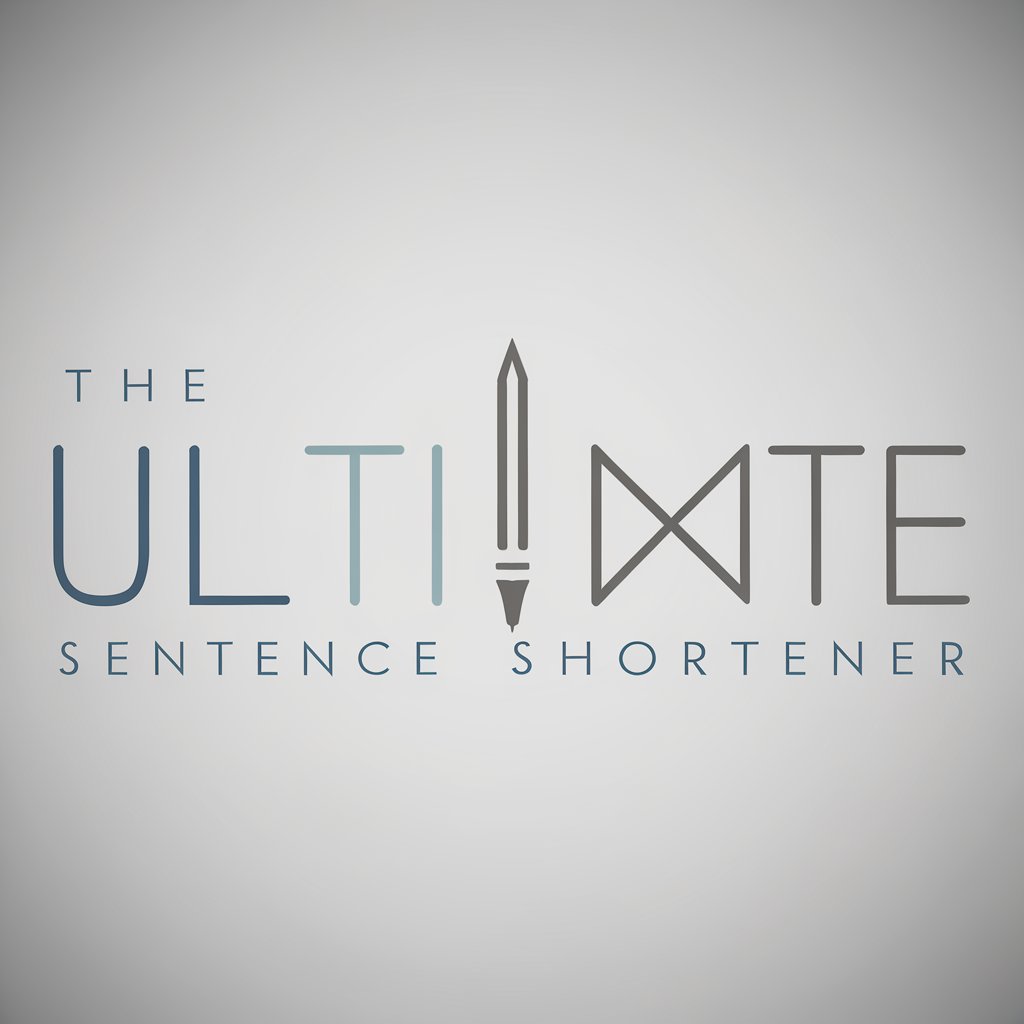
Pent
Innovate with AI: Five Images, One Prompt
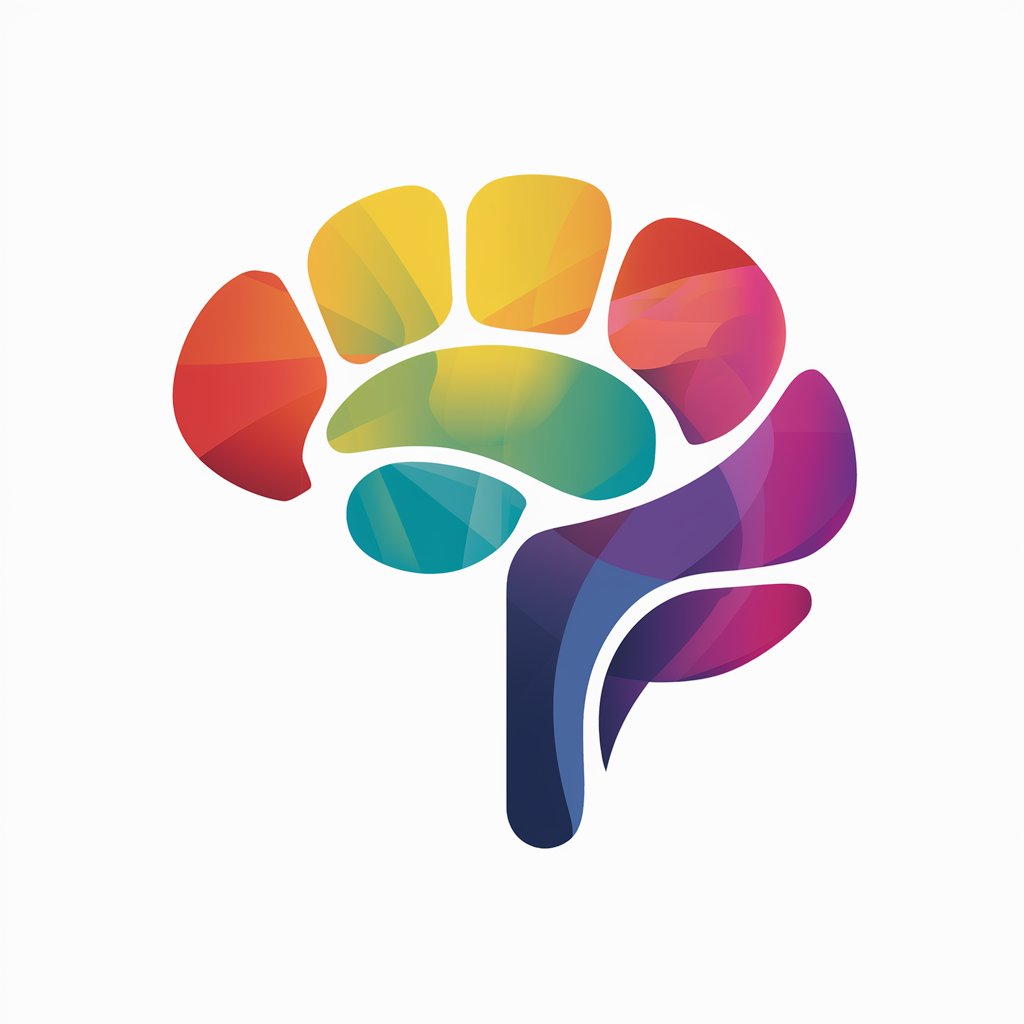
Video Sunnah GPT
Illuminating Sunnah Through AI

GRE Verbal Reasoning Coach
Elevate Your GRE Verbal Skills with AI
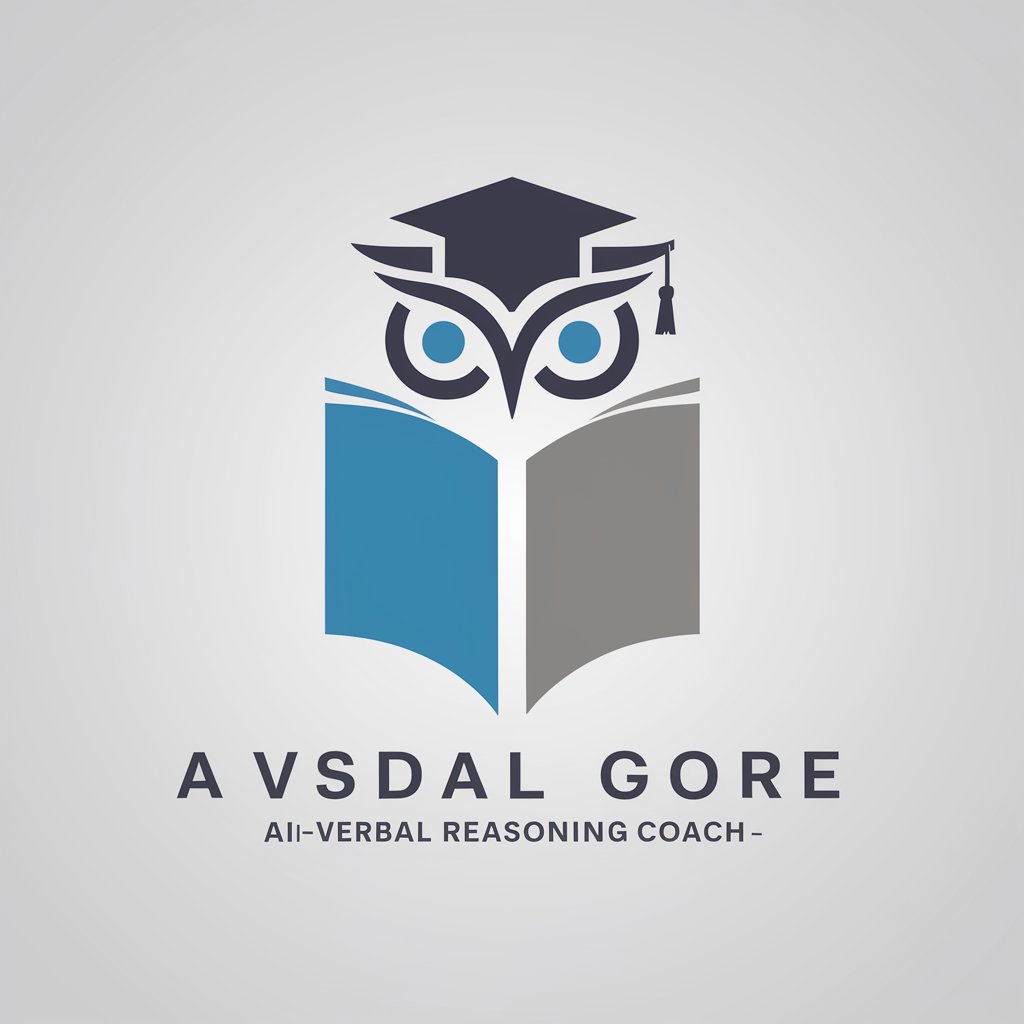
Kies de Juiste Hond
Tailoring Your Perfect Companion

Campaign Strategist
Empower Your Marketing with AI

Conda Command Assistant
AI-powered Conda Command Guidance

Route 66
Empowering Harley Enthusiasts with AI

Q&A About Literature GPT
What is Literature GPT designed for?
Literature GPT is designed to provide in-depth analyses of literary works, author biographies, and thematic discussions, catering to students, educators, and literature enthusiasts seeking detailed, context-rich insights.
How can Literature GPT assist in academic research?
It aids academic research by offering comprehensive summaries, contextual analyses, and critical insights into literary texts, helping users understand themes, historical backgrounds, and the significance of works in their cultural context.
Can Literature GPT provide historical context for literary works?
Yes, Literature GPT offers historical and cultural context for literary works, explaining how societal factors influenced the creation and themes of a text, thus enriching the reader’s understanding.
How does Literature GPT enhance the study of literary themes?
It provides detailed breakdowns of literary themes, tracing their development within texts, comparing them across different works, and highlighting their significance in the broader literary landscape.
What tips ensure the best use of Literature GPT?
For optimal use, specify clear and detailed queries, focus on key elements of interest like themes or character analysis, and use follow-up questions to refine the depth and accuracy of the response.